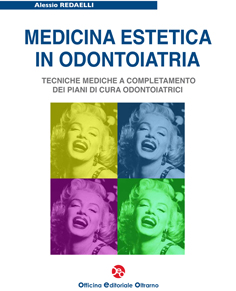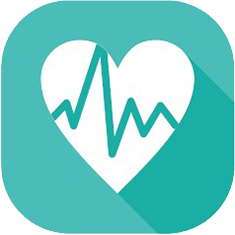Congressi internazionali
Resta aggiornato sui prossimi congressi internazionali interessanti
News per pazienti
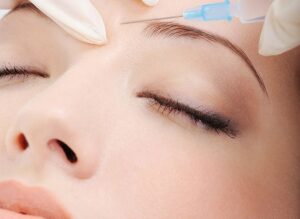
La tossina botulinica nel trattamento estetico
La tossina botulinica agisce rilassando i muscoli che provocano le rughe mimiche, in particolare, quelle del III superiore del viso, ma sempre di più si ottengono grandi risultati anche in distretti diversi come il III inferiore del viso, il collo ed il decolleté.

I fili riassorbili di sospensione per il lifting medico ed ambulatoriale del volto
Questa tecnica non invasiva e completamente medica, non chirurgica, può sostituire alcuni interventi come la rinoplastica ed il lifting chirurgico.

Lifting medico del volto: 3 strategie innovative per prevenire o dilazionare un possibile intervento chirurgico, con risultati a volte migliori
Il ringiovanimento ed il lifting (sollevamento dei tessuti) del volto è sempre stata una indicazione tra la chirurgia e la medicina estetica. Negli ultimi anni la richiesta di trattamenti miniinvasivi per il ringiovanimento del volto è andata aumentando a scapito degli interventi chirurgici più invasivi e sempre meno richiesti.

Come migliorare e correggere i volumi del volto con risultati naturali? I nuovissimi filler ibridi!
Per migliorare e correggere i volumi del volto con risultati naturali, i trattamenti medici di bioristrutturazione, mediante i nuovissimi filler ibridi, sono il trattamento di elezione, naturali anche per grandi volumi.
News per medici
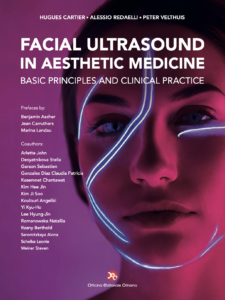
“Facial Ultrasound in aesthetic medicine”: un nuovo capitolo della chirurgia plastica e della dermatologia estetica
Il mio nuovo libro esplora i principi e la scienza alla base di questa tecnologia, analizza le sue applicazioni e mostra l’esperienza di professionisti pionieristici che hanno sfruttato le sue capacità per ottenere i risultati più naturali e piacevoli.
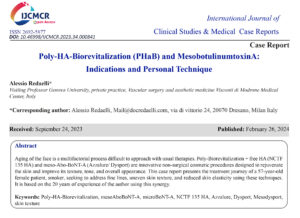
Find out more about my article “Poly-HA-Biorevitalization (PHaB) and MesobotulinumtoxinA: Indications and Personal Technique”
In my latest article, I present the treatment journey of a 57-year-old female patient, smoker, seeking to address fine lines, uneven skin texture, and reduced skin elasticity using Poly-Biorevitalization + free HA and meso-Abo-BoNT-A.
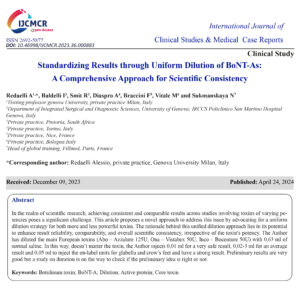
Find out more about my latest article “Standardizing Results through Uniform Dilution of BoNT-As: A Comprehensive Approach for Scientific Consistency”
I am thrilled to present my latest article, which proposes an innovative strategy: advocating for a uniform dilution approach for toxins, irrespective of their potency.

Exploring the pinnacle of aesthetic medicine: Highlights from the 9th IPAM edition
From live injections marathons to hands-on masterclasses and a deep dive into regenerative techniques, IPAM 2023 proved to be a huge event for professionals worldwide.
Video pubblicati
Scopri i video pubblicati sul canale YouTube
